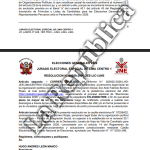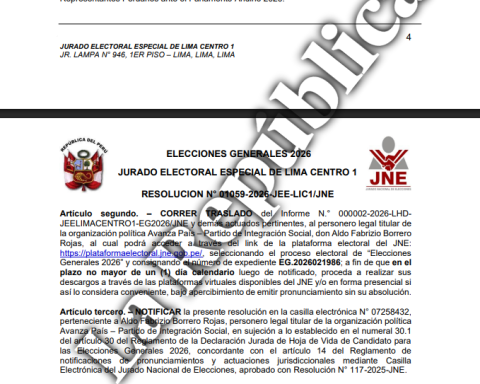Workers with accounts linked to the Severance Indemnity Fund (FGTS) whose monthly family income does not exceed R$2,400 will be able to use future deposits – that is, the amounts that their employers will still deposit in their accounts – to amortize or even settle debts resulting from real estate financing.
The possibility for workers with a formal contract to add the amounts of the FGTS receivable to their family income works as a kind of guarantee, increasing the ability to pay and, in theory, reducing the interest rate charged by the contracted financial institution.
Unanimously approved during a meeting held today (18) by the FGTS Board of Trustees, the measure regulates paragraph 27 of Article 20 of the Law No. 8036from 1990. Since 2022, the legislation establishes that the amounts available in linked accounts can be moved at the discretion of their holders, upon explicit authorization in the financing agreement.
According to the law, the transfer of the right to future withdrawals “may be the object of alienation or fiduciary assignment for the payment of part of the benefits arising from housing financing granted under the [Sistema Financeiro da Habitação] SFH, [desde que] observing the conditions established by the Board of Trustees, by means of guaranteeing the deposits to be made in the employee’s linked account”.
Assignment and fiduciary alienation are credit guarantor modalities. With them, whoever assumes a debt transfers to the creditor his right to a movable or immovable asset (in the case of alienation) or to a future credit (in the case of fiduciary assignment), for as long as the debt persists.
According to Law No. 8,036, only the amounts related to the month in which the employment contract is terminated, as well as the previous month if it has not yet has been deposited into the account.
According to councilor Helder Melillo Lopes Cunha Silva, executive secretary of the Ministry of Regional Development and representative of the portfolio on the Board of Trustees, the regulation of existing legal provisions is part of the measures that the council has been implementing to “improve housing financing conditions, mainly to the low-income population.
The use of FGTS future deposits was authorized in september this year, specifically for the purchase of houses from the Casa Verde e Amarela Program.
“The present measure is extremely impactful and adds to the facilitation of access to credit for families”, said Silva when defending the regulation of the movement of accounts linked to the FGTS to allow the discharge of part of the housing financing installments through the credit guarantee , in case the beneficiary needs to complement its payment capacity.
“The financial agent must inform the worker about the ability to pay with and without the guarantee and the amount to be guaranteed. For example: a family that, with its income, obtains a loan of R$ 500, but whose desired property requires a loan whose installments would be R$ 600, will be able to use the future credit to which it is entitled to make this complementation and access to this property that, without this measure, she would not be able to access”, explained Silva, adding that the ceiling of R$ 2,400 of gross family income could be revised soon. “We are proposing this limitation at this first moment.”
The approved resolution also establishes that, when granting the financing, the financial agent may require the worker to use the entire available balance in his/her account linked to the FGTS. In addition, the creditor institution may request the monthly movement of blocked amounts – and, in any case, future secured credits will remain blocked until the contracted amount is reduced.
“The blocked amounts will be unavailable for other transactions and the beneficiary will not be able to withdraw them”, warned Silva.
















